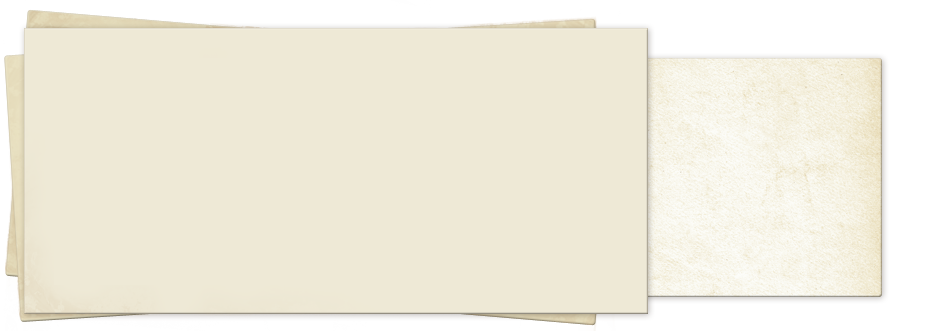
Learning Capoeira
Learning Capoeira not only requires learning or relearning to foster a special relationship with your own body, it is also a tool for enhancing social interactions through games and music. Today, learning capoeira is also joining a world-wide community of players who share a common passion.
Learning Capoeira not only requires learning or relearning to foster a special relationship with your own body, it is also a tool for enhancing social interactions through games and music. Today, learning capoeira is also joining a world-wide community of players who share a common passion.
Flexibility
Flexibility of the mind and body
Flexibility of the mind and body
Balance
Balancing the energies in your body and in your life
Balancing the energies in your body and in your life
Competition/Cooperation
Capoeira is a metaphor of daily social interactions
Capoeira is a metaphor of daily social interactions
directory | phone number:(412)523-1413
The Game
Through regular social events called "rodas", the capoeiristas can demonstrate their skills in a playful and respectful way, during one-on-one games played within a circle (also called a "roda"), conducted by the sounds of the "Berimbau" (musical bow and the main instrument of the art).
Through regular social events called "rodas", the capoeiristas can demonstrate their skills in a playful and respectful way, during one-on-one games played within a circle (also called a "roda"), conducted by the sounds of the "Berimbau" (musical bow and the main instrument of the art).
Call and Response
Learning capoeira implies learning the song repertoire. You will not only learn some Portuguese, but you will learn to answer the calls of the lead singer as well as lead the songs by making the calls yourself. Through call and response patterns, capoeira songs build group cohesiveness.
Learning capoeira implies learning the song repertoire. You will not only learn some Portuguese, but you will learn to answer the calls of the lead singer as well as lead the songs by making the calls yourself. Through call and response patterns, capoeira songs build group cohesiveness.
Community
Capoeira Angola of Pittsburgh
Capoeira Angola of Pittsburgh
Bridging communities through Capoeira Angola
What is Capoeira Angola?
Capoeira Angola is a traditional Afro-Brazilian martial art which combines, music, singing, dancing and self defense techniques. Capoeira was brought by West African slaves in Brazil. While the martial techniques were used for self defense in the violent context of slabvery, the Africans in Brazil developed a system which would allow them to appear dancing to the slave masters while in fact practicing combat techniques. Today, Capoeira is primarily a game, fun to watch and play. Capoeira Angola develops agility, flexibility, coordination in practitioners.
Capoeira Angola is a traditional Afro-Brazilian martial art which combines, music, singing, dancing and self defense techniques. Capoeira was brought by West African slaves in Brazil. While the martial techniques were used for self defense in the violent context of slabvery, the Africans in Brazil developed a system which would allow them to appear dancing to the slave masters while in fact practicing combat techniques. Today, Capoeira is primarily a game, fun to watch and play. Capoeira Angola develops agility, flexibility, coordination in practitioners.

The Music
A Capoeira ensembles, called a "Bateria" always drives the energy within a roda. It is led by the "berimbau," or musical bow. The "gunga" (the largest "berimbau") sets the tone as to what type of game must be played. It starts and ends the game. Other percussion instruments includes the "agogo" (bell), "pandeiro" (tambourine), and "atabaque" (cylindrical drum).
A Capoeira ensembles, called a "Bateria" always drives the energy within a roda. It is led by the "berimbau," or musical bow. The "gunga" (the largest "berimbau") sets the tone as to what type of game must be played. It starts and ends the game. Other percussion instruments includes the "agogo" (bell), "pandeiro" (tambourine), and "atabaque" (cylindrical drum).
